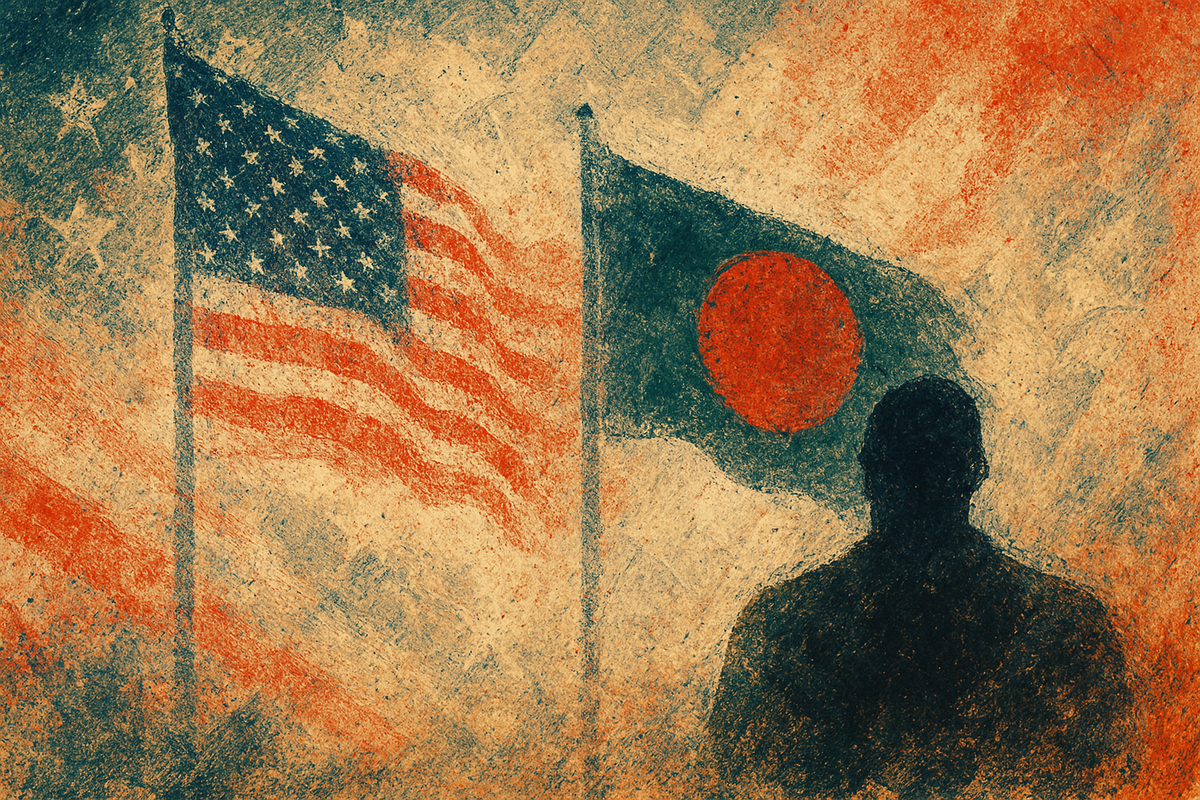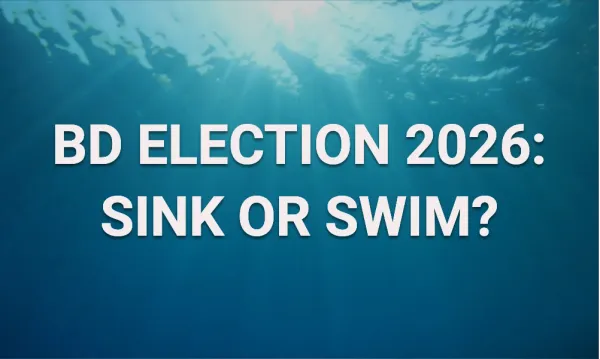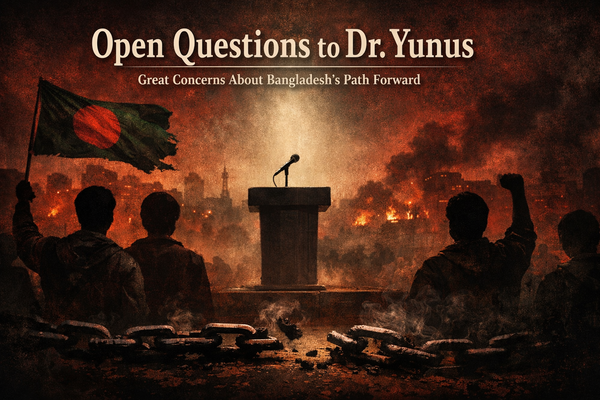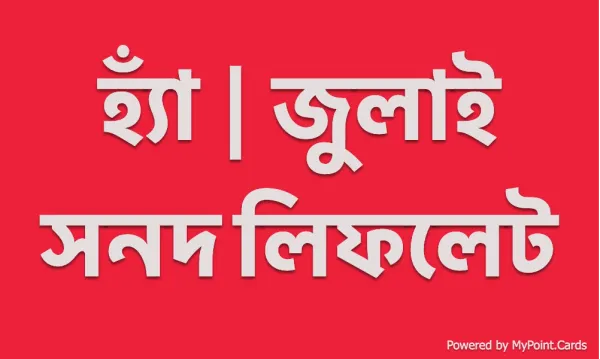USBD Business Directory



Election 2026 in Bangladesh is not just another vote. It’s a crossroads.

Dr. Yunus once promised: "We don't want flimsy reforms. We don't want eye-wash reforms. We want fundamental reforms." Those words now ring hollow to many who believed them.

দয়া করে এই PDF লিফলেটটি ডাউনলোড করে এক কপি প্রিন্ট করুন, তারপর ফটোকপি করে আপনার বন্ধু-বান্ধব ও পরিবারের মাঝে ছড়িয়ে দিন—জুলাই সনদ সম্পর্কে সচে

How Bangladeshi-American Strategist Zara Rahim Rewrote the Rules of Urban Politics—and What Bangladesh Can Learn